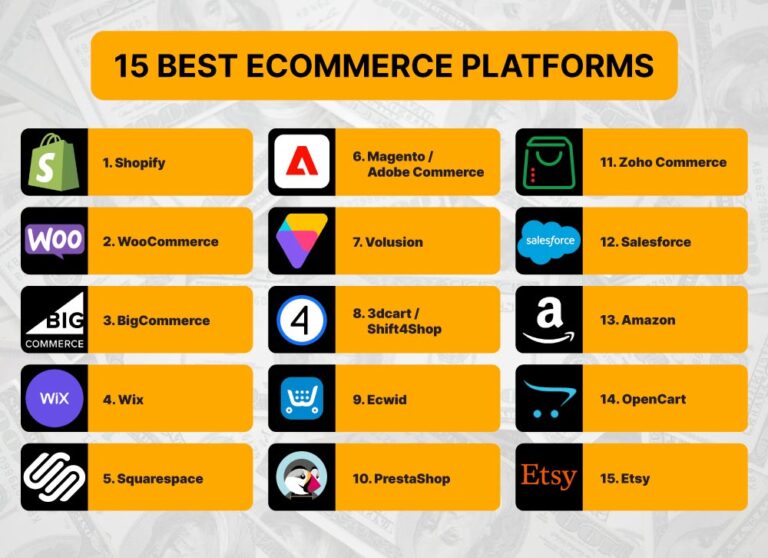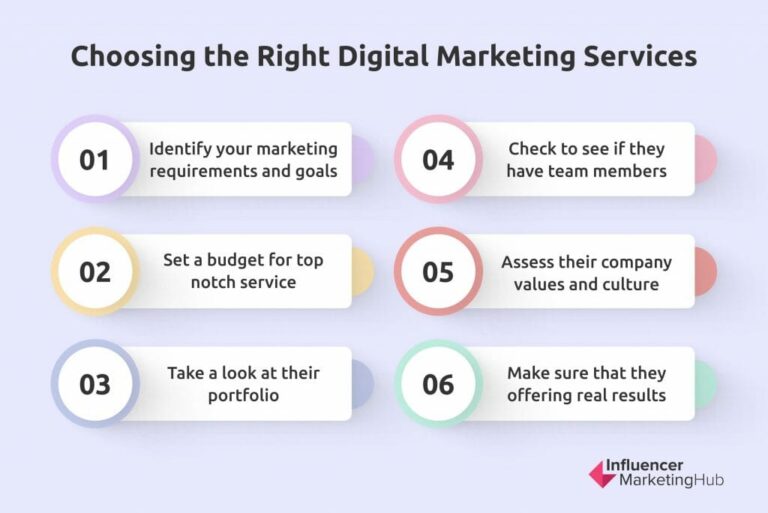Business Tax Deductions Checklist: Save Smart, Reduce Liability, and Maximise Profits
When it comes to running a business, knowing what you can legally deduct from your taxes isn’t just smart it’s essential. Every missed deduction is money left on the table. A detailed business tax deductions checklist helps you claim everything you’re entitled to, reduce your taxable income, and reinvest those savings back into your company. Whether you’re a solo entrepreneur, small business owner, or startup founder, understanding which expenses are deductible and how to track them can significantly impact your bottom line and long-term growth.
Why Tracking Tax Deductions Is Critical for Business Success
Tax season doesn’t have to be stressful when you’re organized. Deductible expenses lower your taxable income, meaning you pay less in taxes and retain more of your earnings. But many business owners miss out simply because they don’t document expenses properly or aren’t aware of what qualifies. The right checklist ensures you’re prepared year-round not scrambling at the last minute. It helps identify eligible categories, keep records audit-ready, and stay compliant while optimising cash flow. With the right system, tax time becomes a strategic opportunity not a financial burden.
The Most Common (and Overlooked) Business Deductions
While most owners remember to deduct rent, supplies, and software, there are plenty of often-overlooked deductions that can make a big difference. These include mileage on personal vehicles used for business, home office space, professional development, subcontractors, business insurance, and even phone and internet bills. If you travel for work, meals, accommodations, and even tips are often deductible under current IRS guidelines. The key is to match every deduction to a legitimate business purpose and keep accurate documentation. With inflation and rising operational costs, maximising deductions is more important than ever.
Setting Up a Year-Round Deduction Strategy
You don’t need to wait until tax season to start tracking your deductions. Smart businesses use tools like accounting software, receipt-scanning apps, and digital bookkeeping to log expenses in real-time. Automating this process ensures consistency, reduces human error, and keeps everything accessible for your accountant. Set calendar reminders to review expenses monthly or quarterly. Stay updated on tax law changes, and adjust your checklist accordingly. Building this system into your business operations helps avoid end-of-year surprises and can even uncover hidden savings opportunities before the filing deadline arrives.
How to Avoid Red Flags and Stay Compliant
While maximizing deductions is smart, overclaiming or misclassifying expenses can trigger audits and penalties. Always separate personal and business expenses mixing the two is one of the most common mistakes. Keep business bank accounts and credit cards separate, and never estimate or round off deductions without supporting records. When in doubt, consult a tax professional to ensure your checklist is accurate and compliant with the latest tax code updates. Deductions are a tool, not a loophole when used responsibly, they can protect your business from overpaying and support cleaner, faster tax filings.
The Role of a Tax Professional in Optimising Your Checklist
While DIY tax software can work for simple businesses, a qualified accountant or tax advisor adds long-term value. They help tailor your deductions checklist to your industry, ensure you’re taking advantage of the latest legal benefits, and advise on larger deductions like depreciation, employee benefits, and asset purchases. Their insights help structure your records, avoid mistakes, and plan better for future quarters. Investing in professional guidance often pays for itself in missed deductions recovered and costly errors avoided. If you’re scaling or managing complex income streams, the right advisor becomes a strategic partner in your financial health.
FAQs About Business Tax Deductions Checklist
What qualifies as a business expense?
Any cost that is ordinary and necessary to run your business such as office rent, travel, software, and marketing can qualify as a deductible expense.
Can I deduct expenses if I run my business from home?
Yes. A portion of your home office, utilities, internet, and supplies may be deductible if used exclusively for business purposes.
How should I track expenses for deductions?
Use bookkeeping software, save all receipts digitally, and separate personal and business transactions to simplify tracking.
What if I miss a deduction during tax season?
You can amend your tax return later, but it’s better to keep a running checklist throughout the year to avoid missing out.
Are all business meals fully deductible?
Not always. Generally, 50% of eligible business meals are deductible, but this can vary based on the setting and context.

